Ecotourism is a travel attitude with the purpose of preserving the natural and cultural heritage in the world, rather than a trend for travel.
Ecotourism-definitions aside-is fast becoming a more sustainable manner through which the wonders of this earth can be enjoyed, with greater awareness of our footprint upon the earth. It will combine active vacation, education, and conservation into one whole where travelers can go deep in nature while supporting its protection.
From the dense rainforests to the coral reefs, eco-tourism allows exploring deep into the environment and helping out with the well-being of the same.
Amazon Rainforest, Brazil
Amazon Rainforest is generally referred to as the “lungs of the Earth” for being among the most biodiverse regions of the Earth.
It covers nine nations, with unparalleled diversity of flora and fauna, most of which simply do not exist in any other part of the planet. Ecotourism in Amazon aims at protecting this fragile ecosystem and promises unforgettable experiences for tourists; numerous regional experts guide tours inside a complex structure of life that makes up this rainforest.
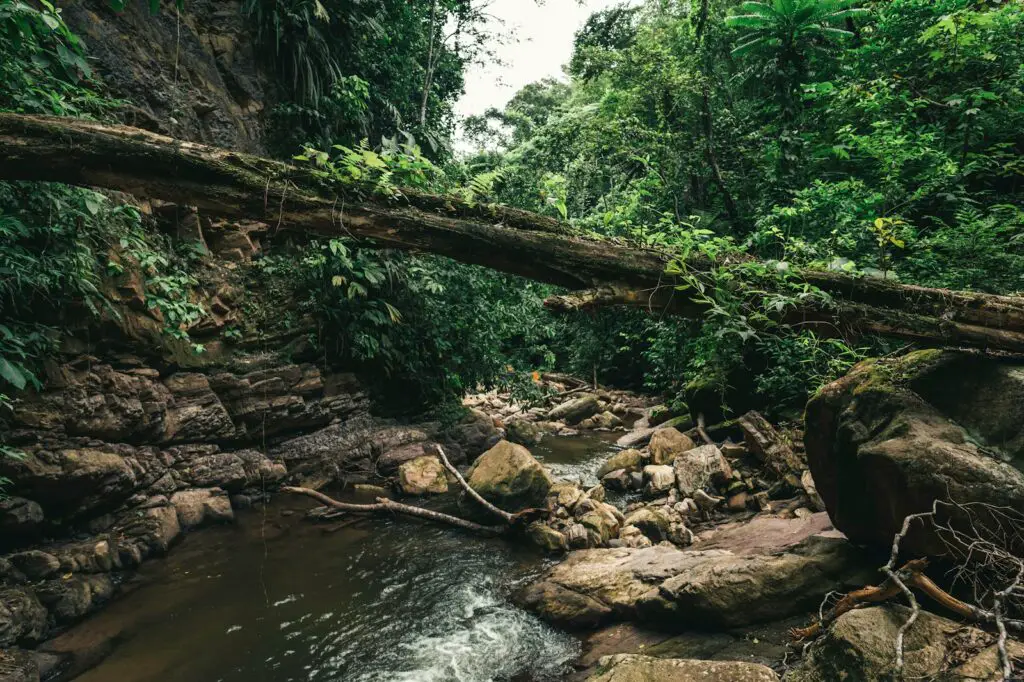
Such activities involve riverboat rides, canopy walks, and wildlife spotting using non-destructive environmental methods. Staying in eco-lodges enforces the use of sustainable practice, hence ensuring tourism involvement furthers conservation and supports locals.
Costa Rica
For over two decades, Costa Rica has been at the forefront of eco-tourism, with nearly a third of the country now national parks or protected areas. And this Central American country certainly stands out on its commitment to sustainability, hence allowing travelers to explore everything from cloud forests down to tropical beaches. Eco-lodges abound, along with sustainable resorts that more often than not boast renewable energy, saving water, and local materials.
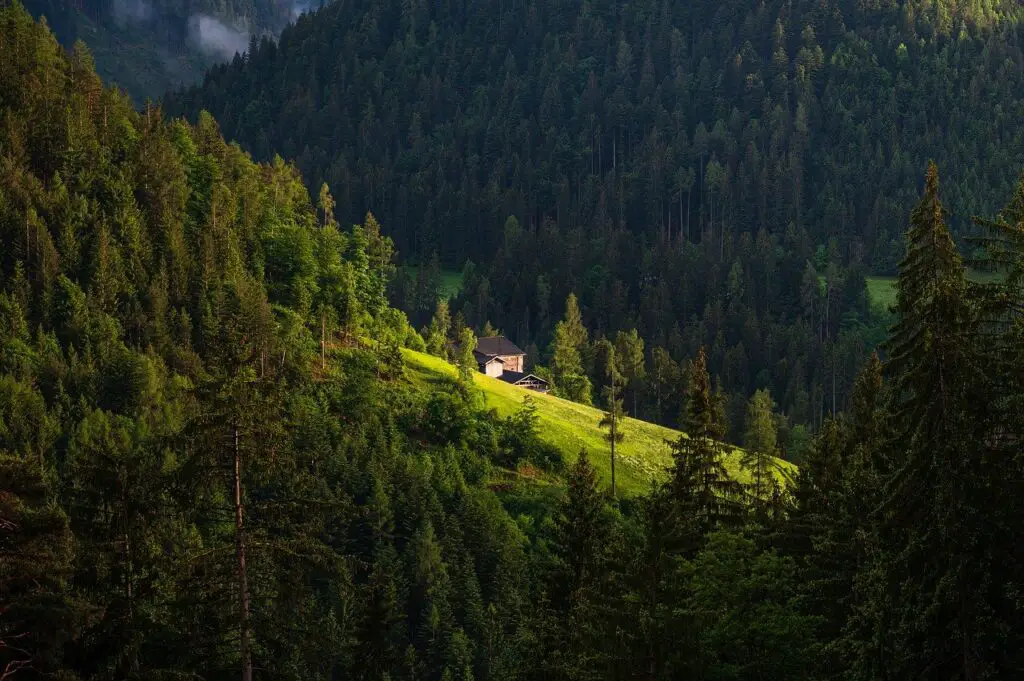
The options for activities may vary from zip-lining through the rainforest, sanctuaries teeming with wildlife, to soaking in hot springs for either an adventure or a relaxing experience. Costa Rica stands as an adamant supporter of preserving its heritage of nature, thus finding its rightful place for the eco-conscious traveler.
New Zealand
From the rolling hills to the dramatic fjords, New Zealand is an eco-tourist heaven. It tries to achieve environmental viability by incorporating a number of eco-friendly hostels along with a number of different nature conservation programs. Along with a visit to stunning national parks like Fiordland and Tongariro, visitors to New Zealand can hike, join in with conservation projects, and learn about Maori culture and tradition.
Along with eco-tourism initiatives, New Zealand also gave much prominence to preserving its unique wildlife, which includes rare species like the kiwi bird. One can trek, kayak, or simply soak in the beauty of the landscape-the land of New Zealand beckons for a responsible and intense travel experience.
Bhutan
Bhutan is an environmentally and culturally pristine Himalayan kingdom that boasts the government’s preference for Gross National Happiness over economic growth, thereby spilling into the philosophy of tourism.
Bhutan has an eco-tourism policy of high-value, low-impact travel that accords benefit to the environment and communities. Tourism through pristine forests, ancient monasteries, and treks in the Himalayas provides a source of income for conservation and development in a sustainable manner. Tourism to Bhutan allows journeys into its beautiful natural landscapes and rich cultural heritage in a manner respectful of and preserving both.
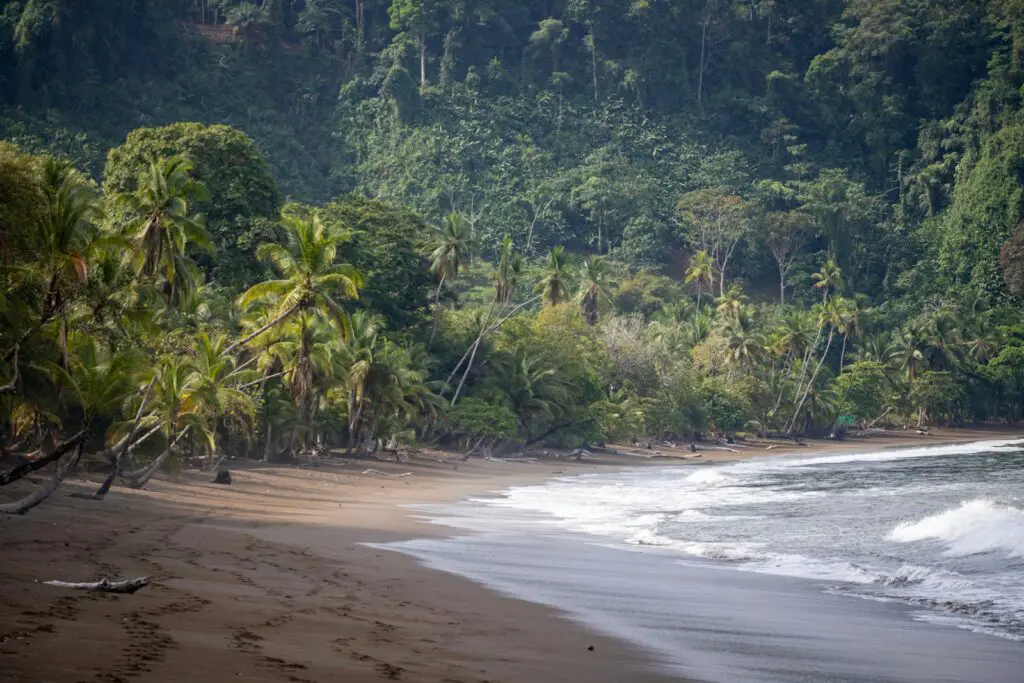
Galápagos Islands, Ecuador
The Galápagos Islands are a living laboratory of evolution with species found nowhere else in the world. This UNESCO World Heritage site is exemplary in sustainable tourism, with strict regulations to ensure no disturbance of its sensitive ecosystem.
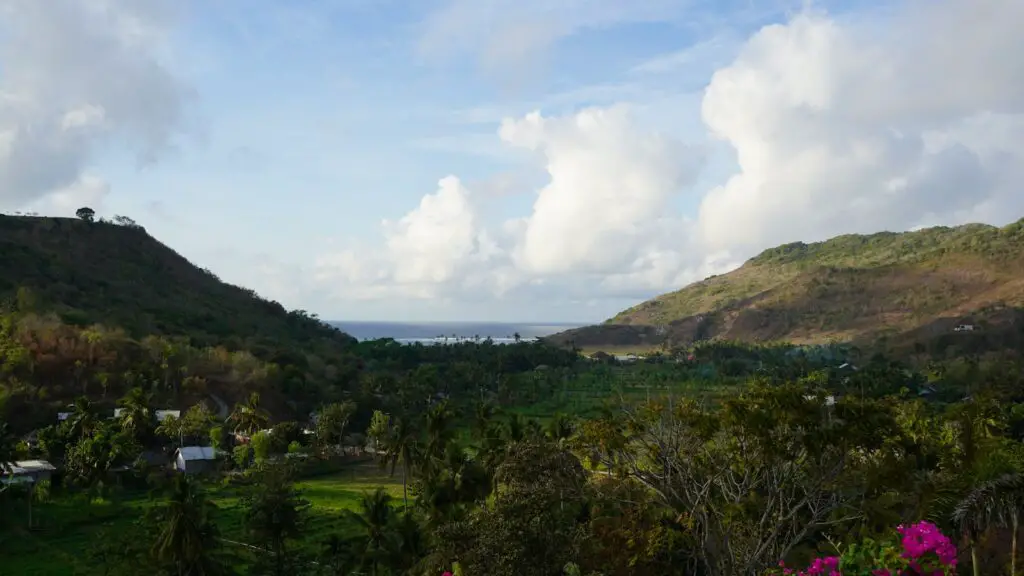
The natureist-led guided tours go to view giant tortoises, marine iguanas, and blue-footed boobies. Basically, eco-tourism around the islands centers on conservation and education, ensuring that the tourists have very minimal impact on the environment while learning about the different conservation programs that are ongoing in safeguarding this amazing place. The Galapagos Islands present an opportunity to see nature at its best and take part in its preservation .
Iceland
With its dramatic landscapes of glaciers, volcanoes, and geothermal springs, Iceland is among the most coveted destinations for eco-tourism. It is committed to renewable energy sources, seeing as how the greater share of Icelandic electric power comes from geothermal and hydropower.
Come for the natural wonders: the Blue Lagoon, Golden Circle, and Vatnajökull National Park-enjoy numerous eco-lodges along the way. On the other hand, Iceland has concerns about the sustainability of its tourism industry regarding the ecological footprint left behind, as this country sees a lot of fragile ecosystems.
This affords an unparalleled opportunity to see truly different geology and natural beauty while supporting responsible tourism.
Namibia has over the years been a leader in the realm of community-based eco-tourism, whereby the main role of the local communities is nature conservation. The enormous deserts, rugged mountains, and exciting wildlife including desert-adapted elephants and black rhinos are all ingredients combined into an eco-tourism excitement.
Most of the eco-tours to Namibia also involve the local people and offer them economic opportunities besides supporting conservation projects. During a tourist, one gets to see stunning landscapes, participates in the tracking of wild animals, and learns about the cultural heritage of indigenous peoples of Namibia. This has made the country appear in several rankings relating to top eco-tourist destinations in the world.
Norway
A form of tourism that is sustainable, to which the country has committed itself, is a token of commitment by Norway to the natural environment. The country offers a lot-from a sail around the fjords to hiking in national parks.
Norway is also emphasized for responsible tourism in the Arctic, where tourists can see breathtaking landscapes of glaciers and polar bears, and spectacular Northern Lights. Norway has virgin wilderness, and through tourism, ecotourists contribute to the conservation of nature. Emphasis on sustainable and responsible travel means that the natural wonders of Norway are preserved for future generations to enjoy.
Borneo, Malaysia
Wrapped in some of the oldest rainforests in the world, Borneo protects the habitat of such endangered species as orangutans, pygmy elephants, and clouded leopards. Borneo Eco-tourism focuses on wildlife conservation combined with protection of indigenous cultures.
There are guided jungle treks, orangutan rehabilitation centers that visitors can visit, and eco-lodges, all of which provide employment and alternative incomes for local communities. If properly developed, sustainable tourism in Borneo ensures that its unique ecosystems will remain intact for future generations. A journey into rainforests to explore their conservation for meaning and significance is, in fact. brought into the fore.
Personal Experience: The Pristine Beauty of Costa Rica
On my recent visit to Costa Rica, I tried staying in an eco-lodge deep inside the Monteverde Cloud Forest.

Quite magically, it was an out-of-this-world experience. Screaming howler monkeys and treetops draped with morning mist were only some of the sensational moments of my voyage. One morning I joined a guided tour chaperoned by a local naturalist who showed immense knowledge of the biodiversity of the forest. We could spot a few birds that are considered very rare, butterflies of immense color, and even a family of sloths.
This was an unplanned encounter with the rich life of the forest and a strong reminder of how protean the protection of such unique ecosystems is. It told that eco-tourism can be extremely rewarding yet promote conservation in return.
How Our Team Came Up with These Ideas
It is our team of avid travelers and environmentalists who have had the privilege of witnessing some of the intact and most amazing places on Earth. Further information about the destinations has been retrieved through personal experience and widespread research work. We will share with you information that creates unparalleled travel experiences, taking into consideration issues of sustainability and conservation.
We would like to emphasize the aforementioned eco-tourism spots because we do believe that we can create a difference in inspiring others to take responsible travel measures that would support the preservation of our planet’s natural and cultural heritage.
Cultural Preservation through Eco-tourism
Another important function it does is in the preservation of local cultures. Most of the eco-tourism projects are very engaging with indigenous peoples so that their customs and ways of life get preserved. Such cultures can be allowed to be learned by tourists through guided tours, cultural interchange, and community-based activities.
This does not only enhance the experience of tourism, but also helps the community around because it provides them livelihoods as well. While on the other hand, cultural preservation is an added advantage that proves that eco-tourism prolongs the traditional practices and knowledge for future generations.
Effects of Eco-Tourism on the Local Economies
Eco-tourism probably has an effect on the economies of the local communities, especially in under-developed areas. It helps the travelers with environmentally friendly tourism and provides them with accommodations. Economic opportunities would be developed in an area where they are most needed.
It will improve the infrastructure, health facilities, and education of the local people of that area. Sustainable tourism practices also guarantee adequate distribution of tourism benefit so that economic growth as a whole can be experienced with minimizing adverse environmental impacts.
Below are 20 top ecotourism destinations of the world:
- Costa Rica: Renowned for national parks and biodiversity.
- Galapagos Islands, Ecuador: known for its unique wildlife and strict nature conservation.
- New Zealand – Offers environmentally friendly experiences in beautiful national parks and conservation areas.
- Bhutan – A kingdom putting much emphasis on environmental and cultural conservation.
- Norway – Sustainable tourism against the background of pristine natural beauty.
- Iceland – Geothermal energy and eye-catching, eco-friendly attractions.
- Borneo, Malaysia – Some of the world’s oldest remaining rainforests and unique wildlife.
- Madagascar – Unique biodiversity with conservation-focused eco-tours.
- Namibia – Community-based eco-tourism and desert-adapted wildlife.
- In Peru, Amazon Rainforest and Andes eco-lodges and conversation areas.
- Chile-including Torres del Paine National Park and Patagonia eco-tourism destinations.
- Experiences of Vanuatu that are eco-friendly within its rainforests and marine environments.
- Nepal: an eco-friendly route for trekking and conservation in the Himalayas.
- Montenegro: pristine national parks and an Adriatic coast with eco-tourism opportunities.
The Future of Eco-Tourism:
Gaining interest and continued demands for greener travel, the future of ecotourism is undeniably optimistic. Innovations in technology and a greater emphasis on environmental issues have shaped the industry, opening new opportunities for exploration and protection of the natural world.
It will not be long when eco-tourism becomes pivotal in developing an ever-growing concern for the conservation and greening of earth’s beauties and biodiversity. Embracing the changes would go a long way in ensuring that eco-tourism would remain a relevant instrument for conservation and cultural preservation.
Conclusion
Eco-tourism is yet another way of looking at the world and contributing towards its preservation. It is a means that affords the traveler an effective avenue of contributing positively to the environment and communities visited through travel to unsustainable operations at destinations and taking part in conservation and respect for cultures.
From the jungles of Costa Rica to Iceland’s wild vistas, each eco-tourism destination imparts to us a little more insight into an appreciation of nature and its protection. Let’s remember we travel and explore with an obligation to future generations to preserve as much natural beauty of this place as possible.
Eco-tourism destinations offer a promise far beyond that of a picture-postcard landscape-a promise of a sustainable future. And in embracing these principles, travelers enjoy enriching experiences while playing a somewhat fundamental role in the safeguarding of this planet for times to come.

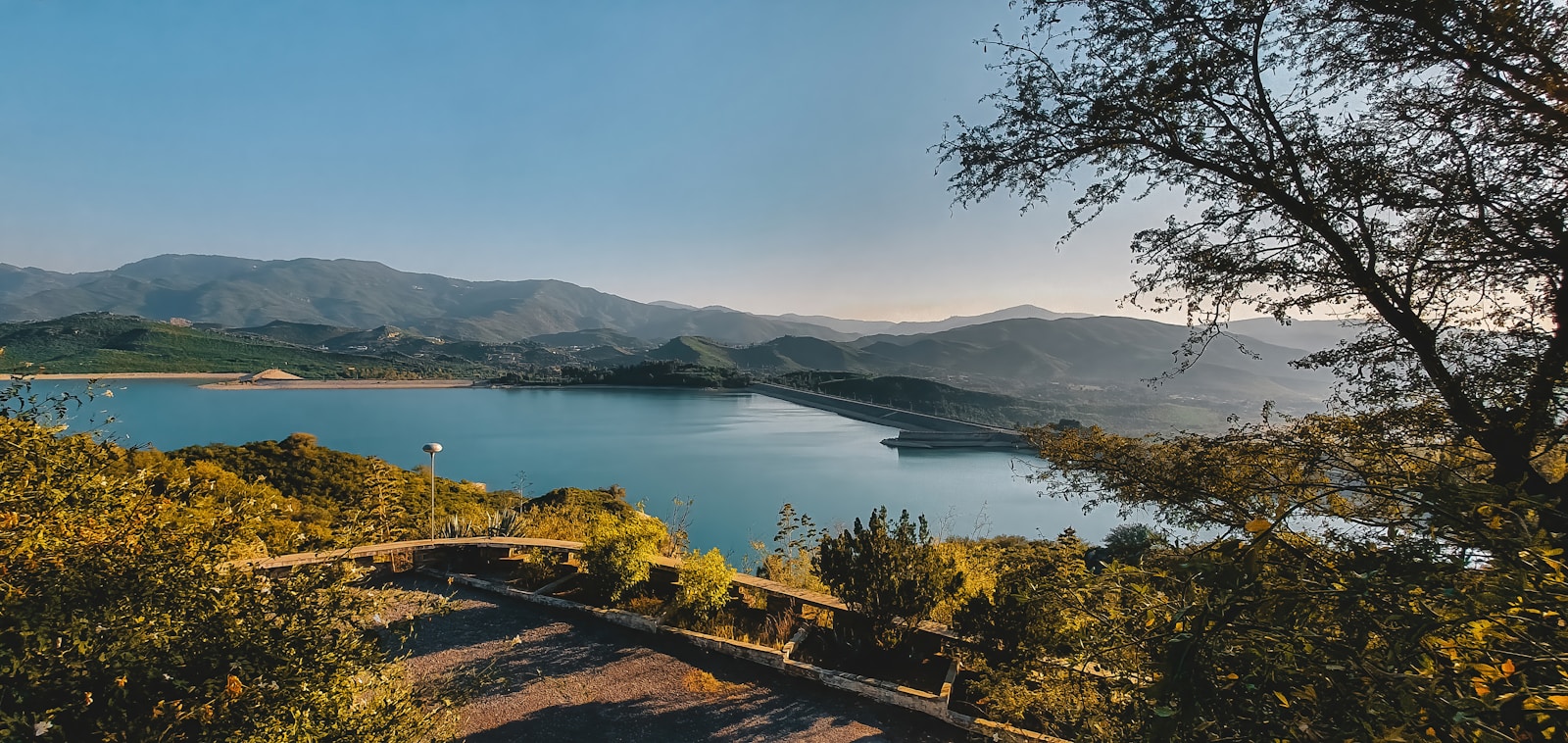
Leave a Reply